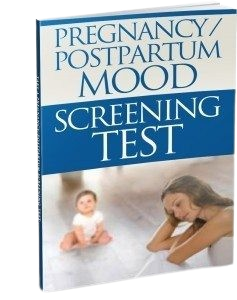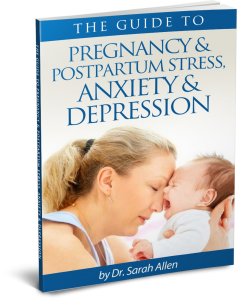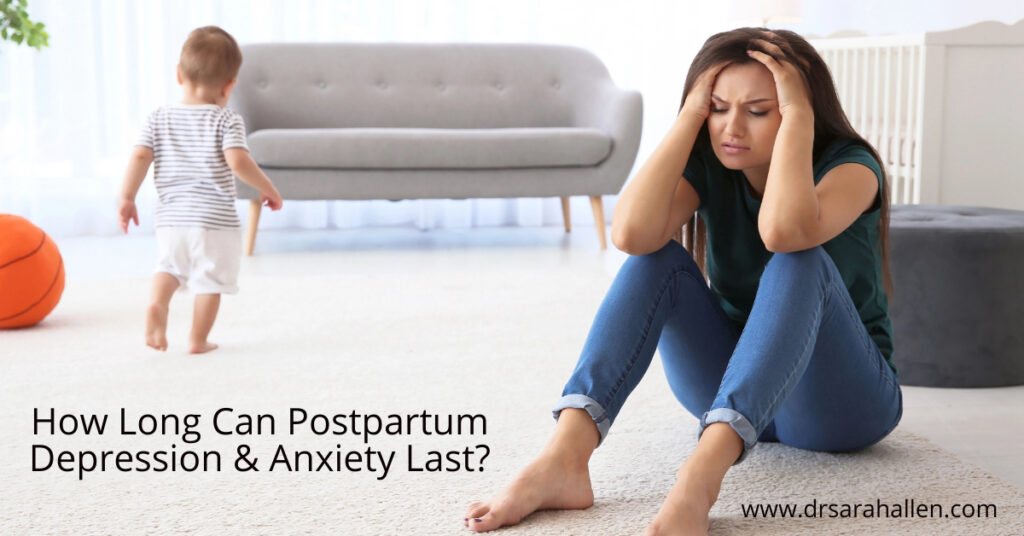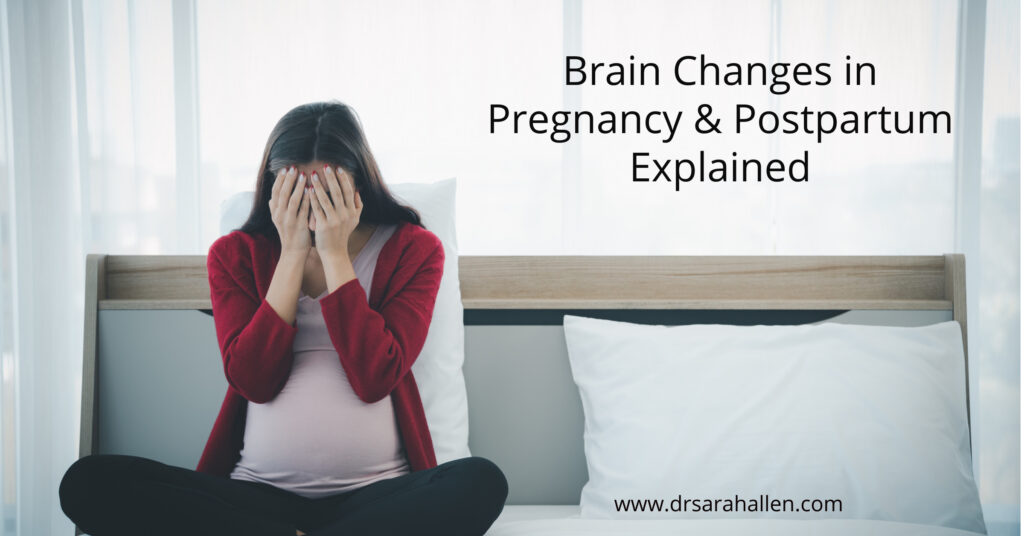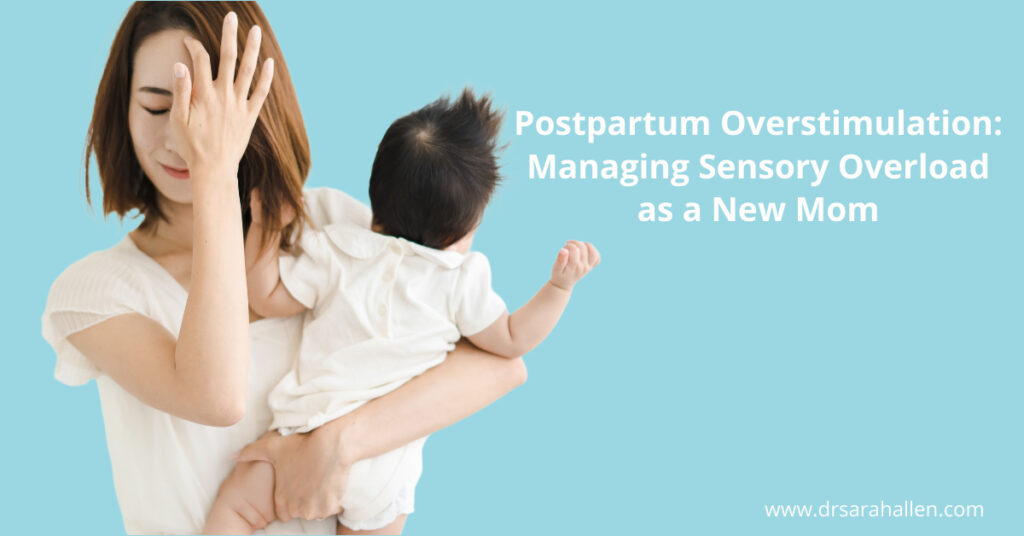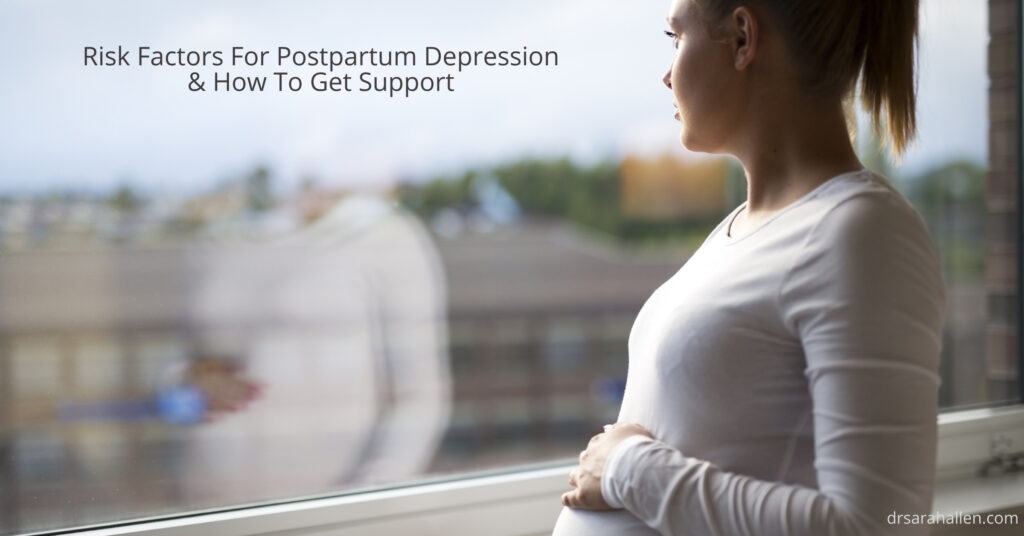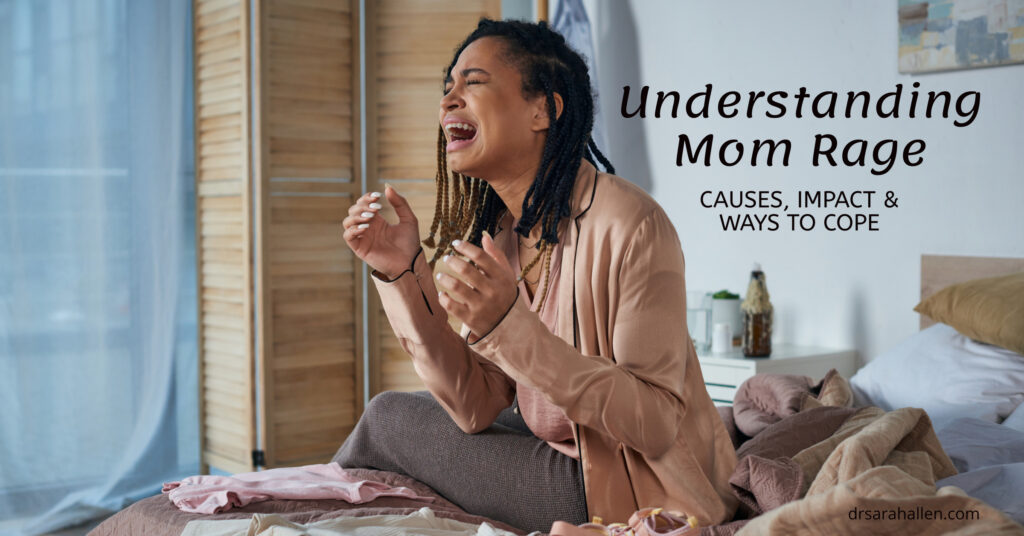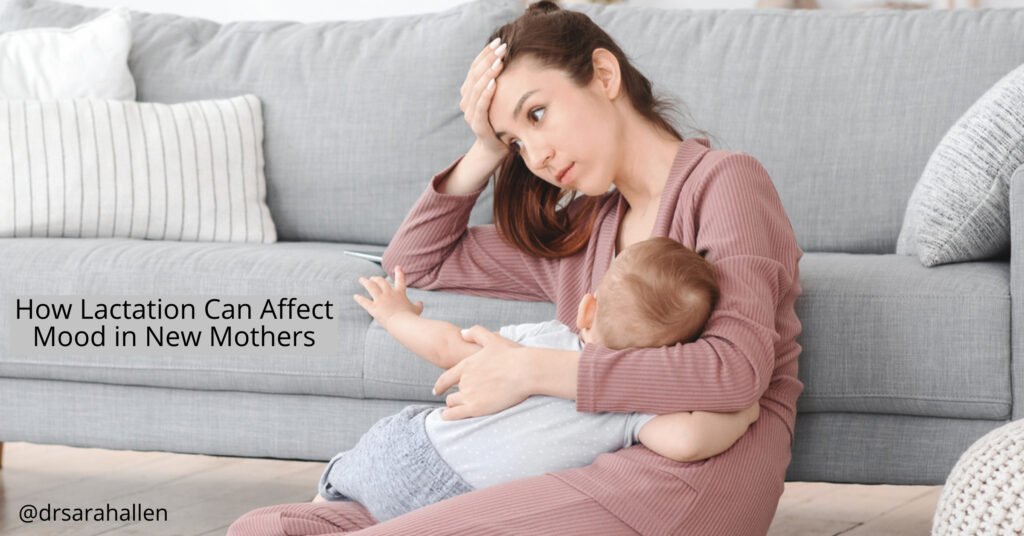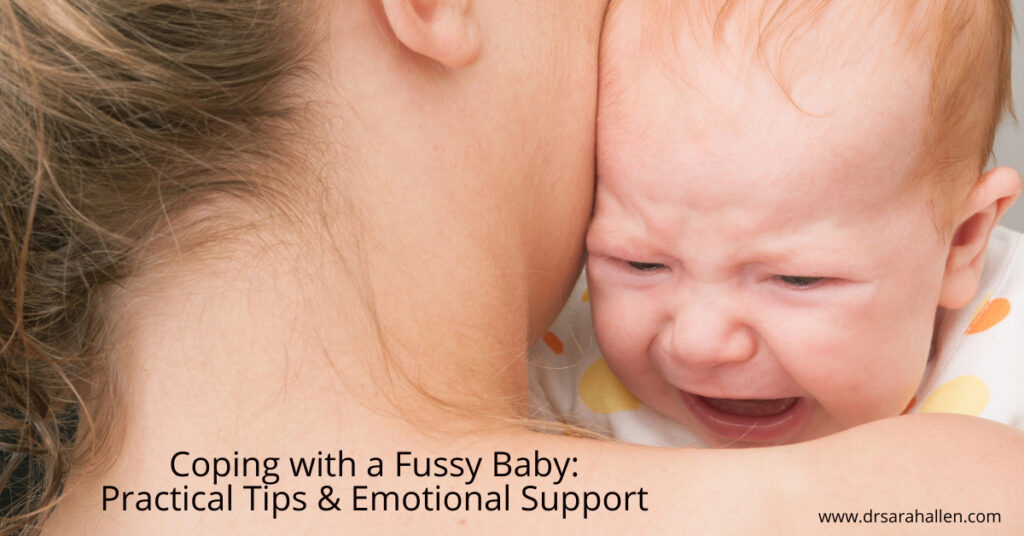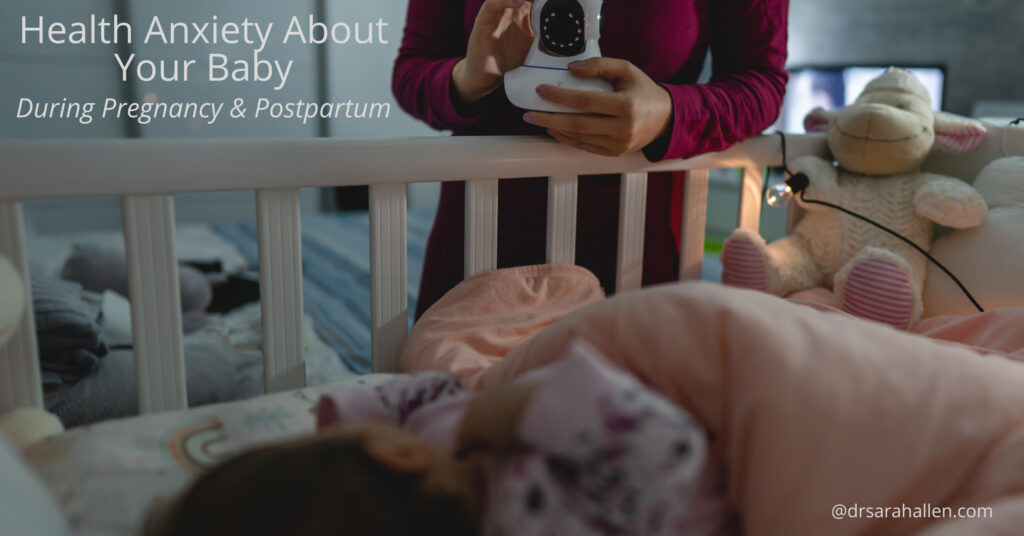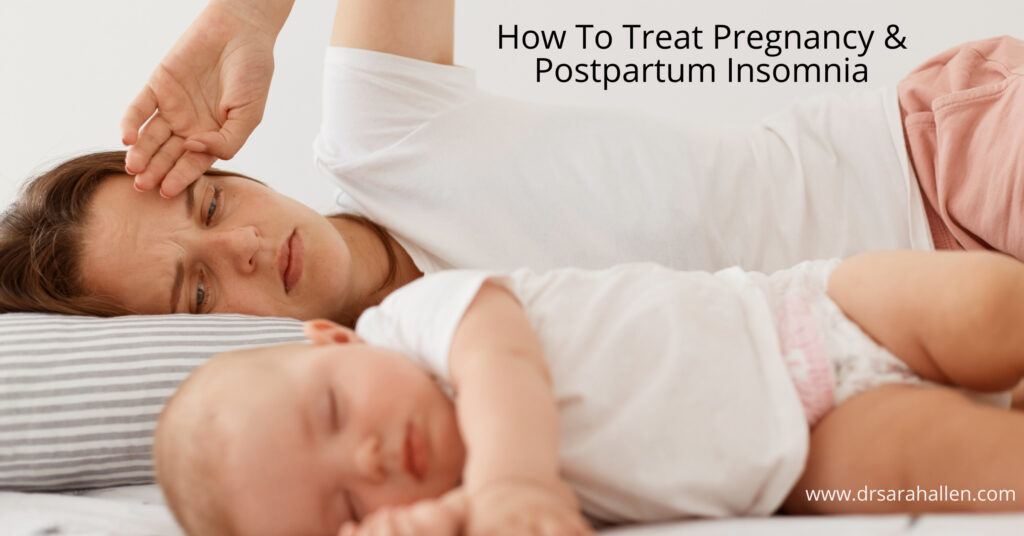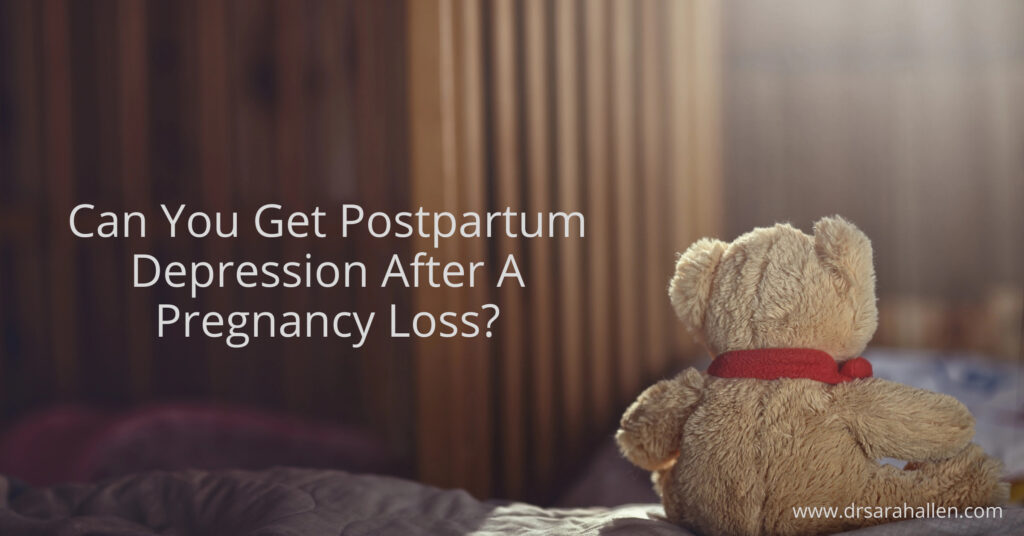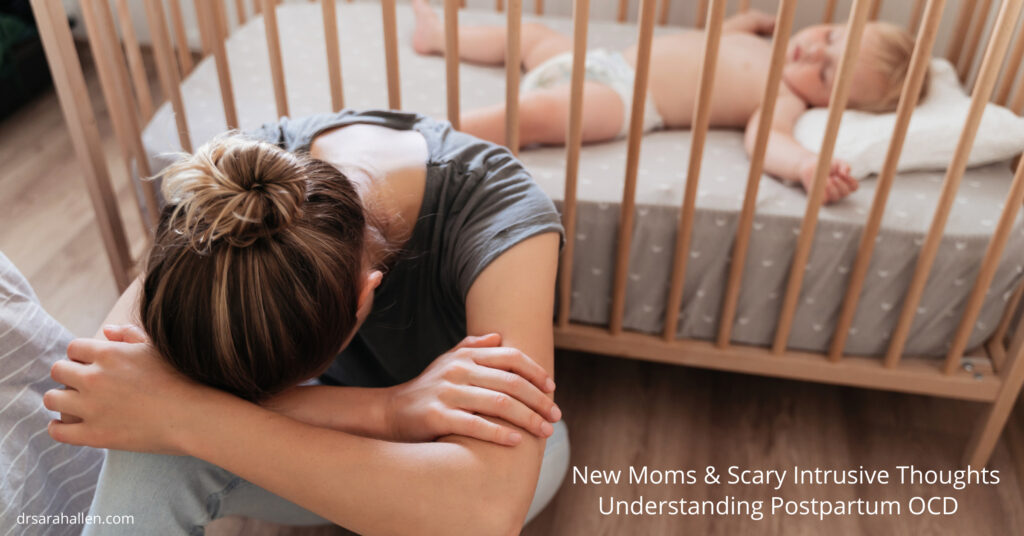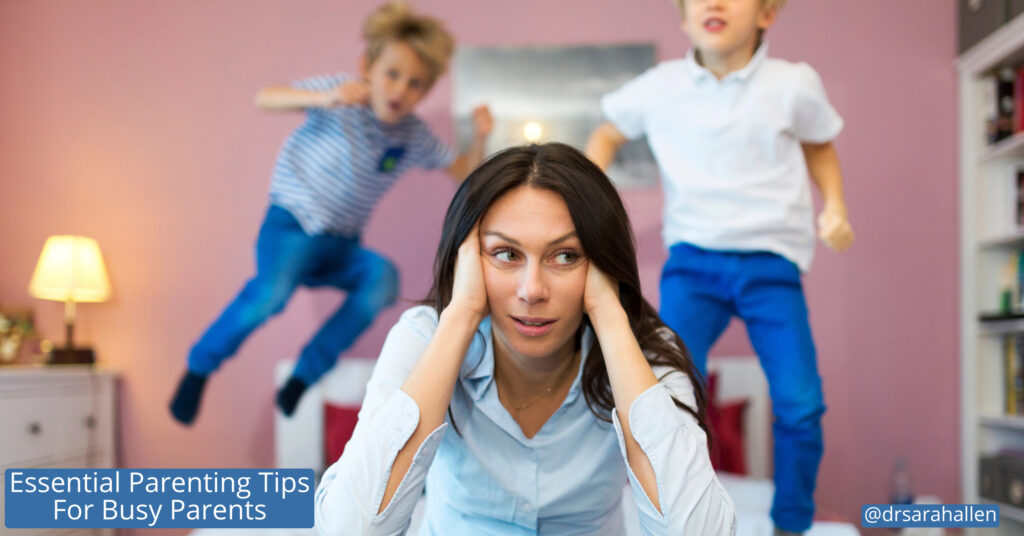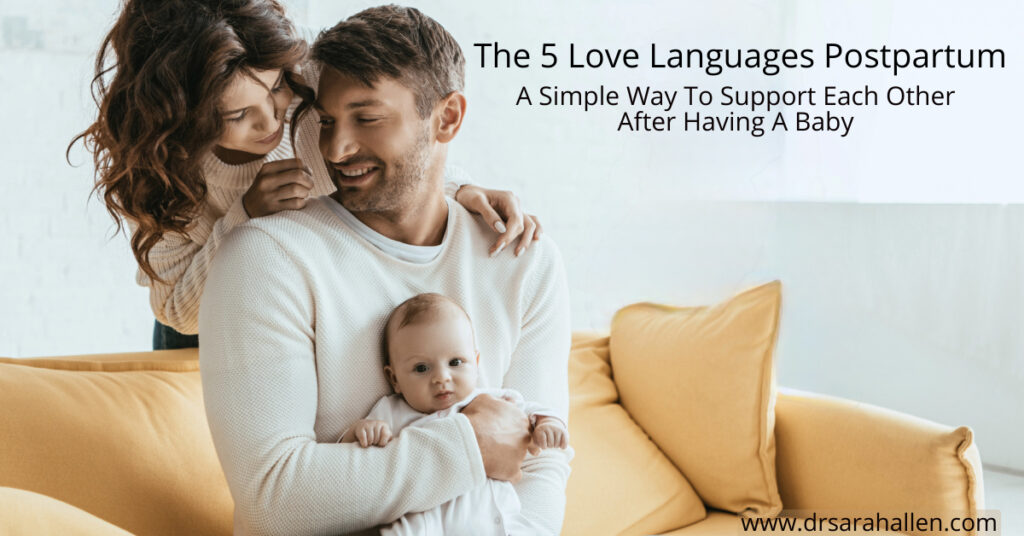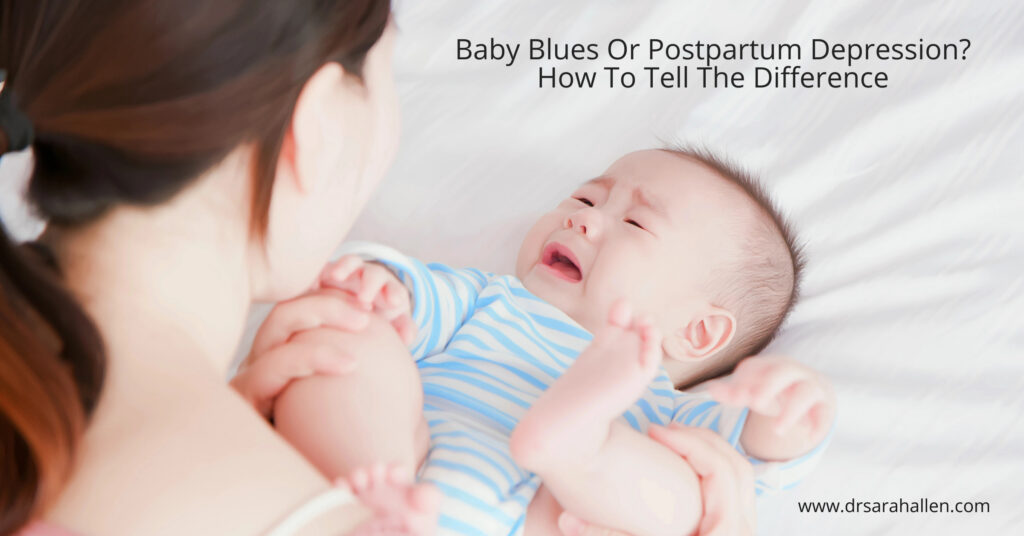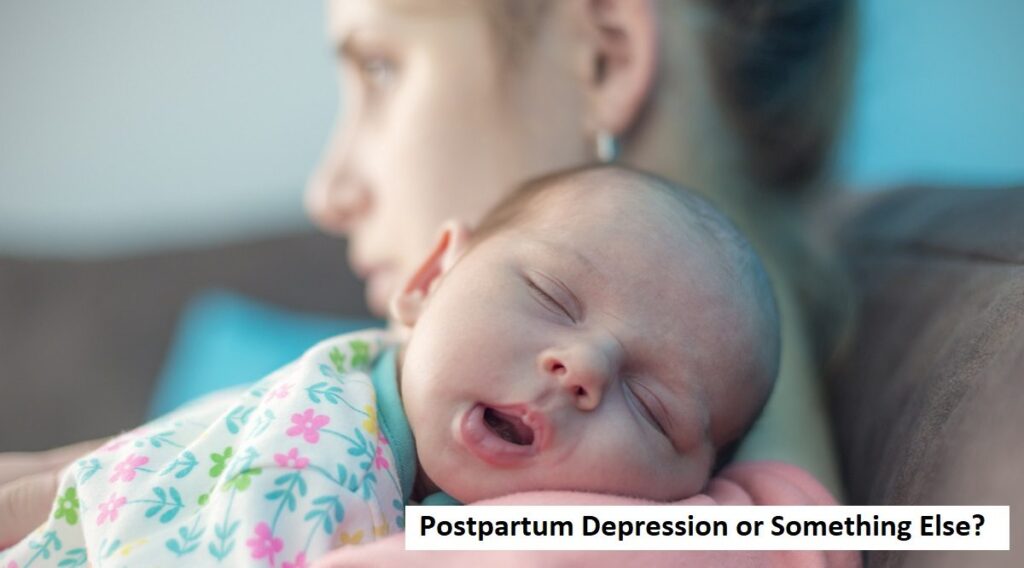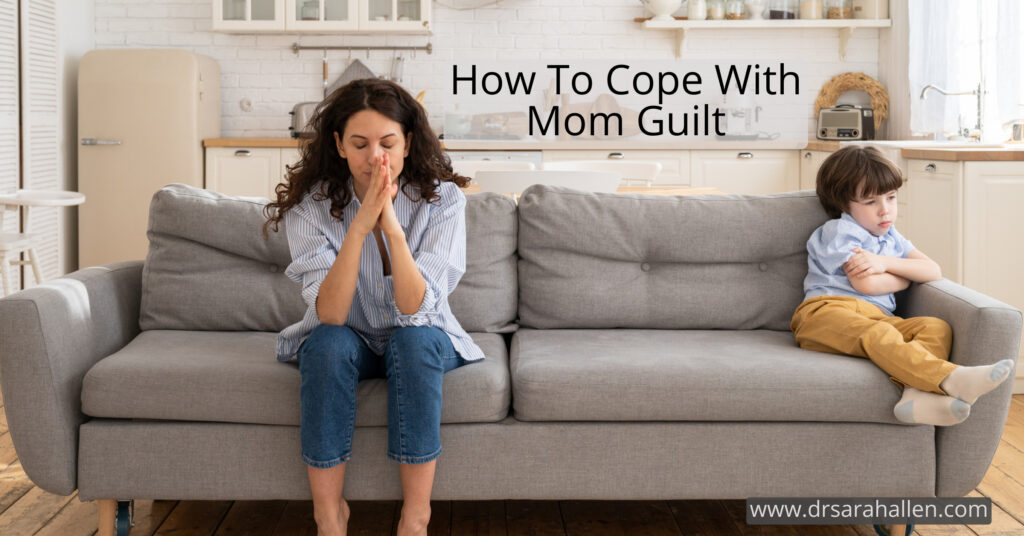
Being a mom is one of the most rewarding and challenging roles you can have in your life. Many moms experience feelings of guilt, I will go as far to say that every mom I have worked with, and there have been hundreds, has told me they have feelings of guilt. This type of guilt is often referred to as mom guilt. Mom guilt can come from various sources and can affect your mental well-being. It’s important to recognize these feelings and address them to ensure you are not being unfairly hard on yourself as that can cause stress, anxiety and self esteem problems, especially if you tend to compare yourself to how you perceive other moms are.
Mom guilt can manifest in many ways. You may feel guilty about not spending enough time with your child, feeling overwhelmed, or wanting time for yourself. These feelings are common but need to be managed to maintain a healthy balance in life.
Understanding mom guilt and knowing how to cope with it is essential. This guide will explore the causes of mom guilt, how to recognize its triggers, practical tips to manage it, and when to seek professional help. Managing mom guilt allows you to take better care of yourself and those you care about.
Understanding Mom Guilt
Mom guilt is that nagging feeling that you’re not doing enough as a parent. It can come from various sources, like societal expectations, personal standards, or comments from others. This guilt can make you feel like you’re failing, even when you’re doing your best. Understanding where these feelings come from is the first step in coping with them.
Mom guilt often stems from high expectations. Society puts a lot of pressure on mothers to be perfect. You might feel that you need to be available 24/7, keep up with chores and errands and still find time to work and exercise. These unrealistic standards can lead to feelings of inadequacy. Recognizing that no one can do it all can help reduce these feelings of guilt.
Another common source of mom guilt is comparing yourself to others. Whether it’s through social media or interactions with other parents, it’s easy to feel like you’re not measuring up. Remember, people often share their highlights, not their struggles, making these comparisons unfair. Understanding that every family is different and that everyone faces challenges can help you feel better about your parenting choices.
Common Triggers of Mom Guilt
Identifying common triggers of your own personal mom guilt can help you address and manage them. One frequent trigger is the feeling of not spending enough time with your child. Whether due to work commitments or needing personal time (yes, it’s okay to need your time alone!), this can lead to feelings of guilt. Balancing work and family life is challenging, but knowing your limits and setting realistic expectations can help.
Another trigger is the pressure to make the right choices. From feeding methods to educational activities, moms often feel guilty about their decisions. It’s important to remember that there’s no one-size-fits-all approach to parenting. Trusting your instincts and making informed decisions can help reduce this type of guilt.
External opinions and unsolicited advice are also common triggers. Family members, friends, and even strangers can sometimes make comments that lead to self-doubt and guilt. It’s crucial to filter out well-meaning but unnecessary advice and focus on what works best for you and your family. Setting boundaries and learning to say no can protect your mental well-being.
By understanding and recognizing these triggers, you can take steps to manage and reduce mom guilt, allowing you to focus more on enjoying your time with your children and less on feeling guilty.
Practical Tips to Overcome Mom Guilt
Overcoming mom guilt starts with self-compassion. Remind yourself that you are doing your best. It’s normal to make mistakes, and it’s important to forgive yourself. Acknowledging your efforts can go a long way in easing guilt. Try to focus on what you have accomplished rather than what you did not get to.
Creating a support system is another effective strategy. Share your feelings with friends, family, or other moms who understand what you’re going through. Sometimes, just talking about your worries can help lighten the load. Join online groups or local parenting communities where you can share experiences and tips.
Practicing self-care is crucial. Take time to do things you enjoy and that relax you. Self-care isn’t selfish; it helps you recharge so you can be a better parent. Even small breaks, like reading a book or going for a walk, can make a big difference. Remember, a happy mom makes a happy family.
Setting realistic goals is also important. You don’t need to do everything perfectly. Prioritize what truly matters and let go of minor details. Whether it’s chores or parenting choices, focus on tasks that align with your values and priorities. This approach can help you feel more accomplished and less guilty.
Seeking Professional Help and Support
If mom guilt becomes overwhelming, seeking professional help can be beneficial. If you’re struggling with persistent guilt it is often part of a wider issue such as stress, anxiety, depression or feelings of low self-esteem. Therapy can provide a safe space to explore these feelings and differentiate between normal guilt and something that needs more attention. I can bring my many years of experience working with moms, as well as being a mom of three myself, and I can offer strategies to manage thoughts relating to guilt and improve your overall well-being.
Conclusion
Dealing with mom guilt is a common challenge, but you don’t have to face it alone. Understanding the sources of your guilt, recognizing common triggers, and implementing practical strategies can help you manage these feelings. Remember, you’re doing your best, and that’s enough.
If you find that guilt is impacting your daily life, please reach out. I am committed to helping moms navigate these challenges and I know that with help to overcome mom guilt, you can also feel better taking time for your self and reduce stress and anxiety. If you are a new mom I have many articles in my Pregnancy and Postpartum blog. Unfortunately, mom guilt can be persistent and occur throughout your child’s life, not just the first years, and I have many articles on my Women’s Counseling blog and Parenting blog pages too.

Dr. Sarah Allen has 25+ years of experience in private practice helping women to transition to being the mom they want to be. She is the Founding Director of the statewide non-profit Postpartum Depression Alliance of IL. She also specializes in pregnancy loss & infertility & has published research on postpartum depression and traumatic childbirth.
If you would like to work with Sarah, please phone her at 847 791-7722 or on the form below.
If you would like to read more about me and my areas of specialty, please visit Dr. Sarah Allen Bio. Dr. Allen’s professional license only allows her to work with clients who live in IL & FL & the UK and unfortunately does not allow her to give personalized advice via email to people who are not her clients.
Dr. Allen sees clients in person in her Northbrook, IL office or remotely via video or phone.

What Can I Read That Helps Me While I Am Waiting For My First Appointment With Sarah?
If you feel that you may be experiencing pregnancy or postpartum mood disorder, or worry that you may be at risk of developing it, please download my free booklets below.
See each specific webpage to download one or many.
